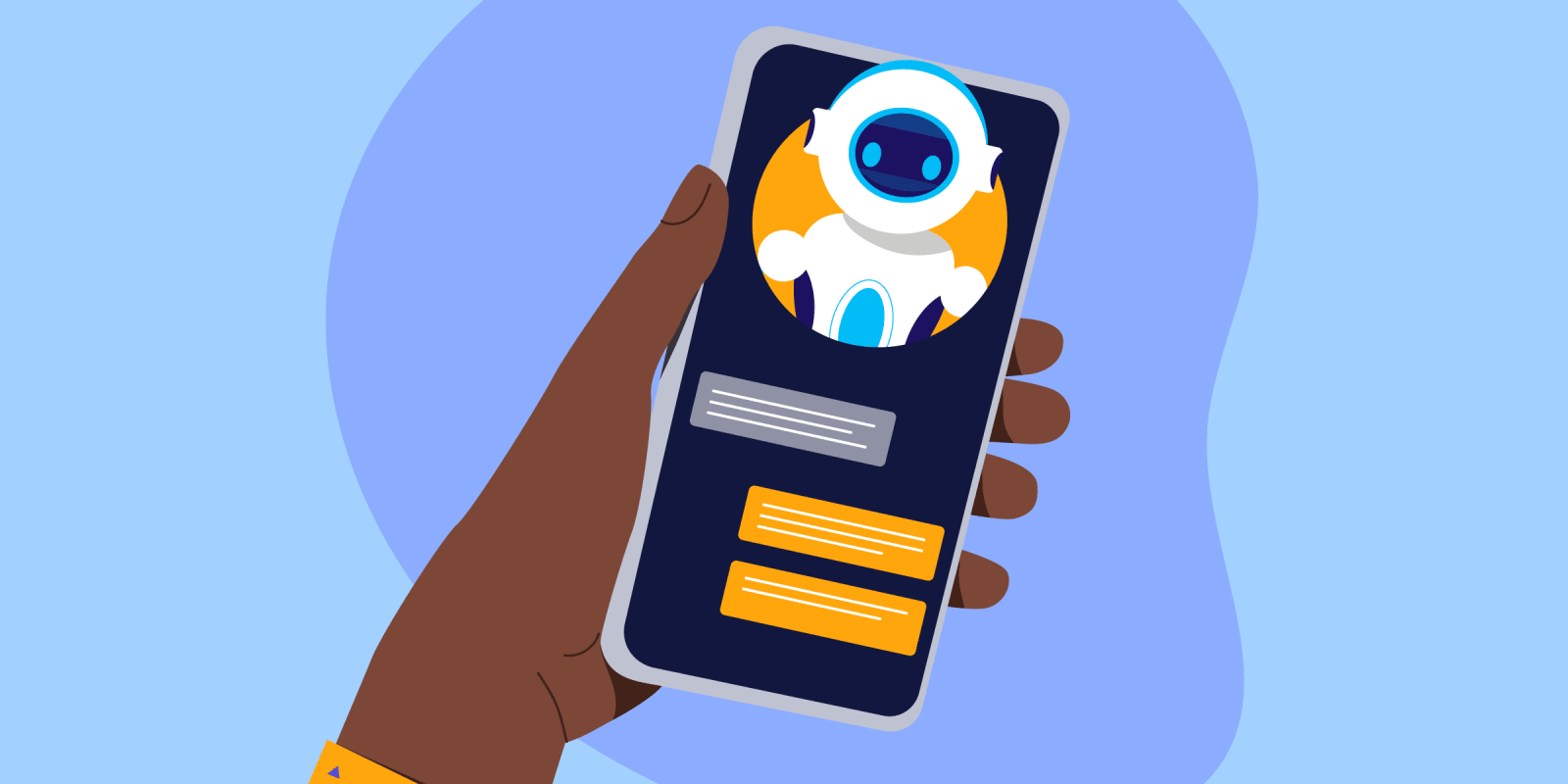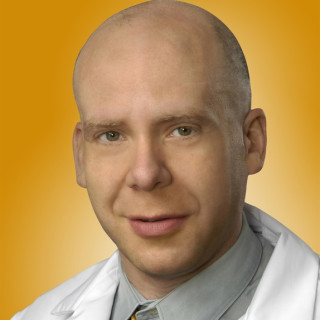Bill Gates recently said that artificial intelligence (AI) will someday match the revolutionary impact of mobile phones and the internet. I believe, one day, that that statement will be remembered as an understatement.
Generative AI is already changing the global economy, workforce, and our everyday lives — altering the world in ways we couldn’t have previously imagined. But in a decade, I predict AI’s greatest achievements will be measured in diseases prevented, hospitalizations avoided, and years added to American life.
As CEO at Kaiser Permanente for 18 years, I had the opportunity to introduce many first-generation medical technologies to thousands of doctors. Until recently, however, I had been a vocal skeptic about the uses of traditional (algorithmic) AI in medicine. Too often, hype far exceeded reality. Generative AI changed my perceptions and made me a believer.
The reversal in opinion began six months ago when OpenAI launched ChatGPT. Users marveled as the language learning model (LLM) helped them write better emails, essays, and even computer code. But in the brief period since ChatGPT’s debut, the model has also made significant strides in the field of medicine. The first-gen product (GPT-3) barely passed the USMLE. Months later, Google’s Med-PaLM 2 achieved an impressive 85% on the same exam, placing it in the realm of expert doctors.
Critics were quick to point out the flaws in ChatGPT’s early iterations, including occasional mathematical inaccuracies and a susceptibility to generating inappropriate responses. However, I’m optimistic these shortcomings will be corrected as future generations of AI grow exponentially more powerful. Conservative projections are that generative AI will be 30-times more powerful in less than 10 years and 1,000-times more powerful in two decades.
Such advances will open the door to a health care transformation. Here are six examples of the outsized impact I believe AI will have on medical practice:
Instant Access to Lifesaving Information
Researchers estimate that medical knowledge doubles every 73 days, far faster than clinicians can master. OpenAI recently launched plug-ins that allow its newest version, GPT-4, to access third-party knowledge sources and databases, including real-time information from the internet. Already, I’ve talked with doctors who have diagnosed rare medical problems by querying the latest generative AI tools.
Increasing Medication and Treatment Adherence
One study published in the American Journal of Health Behavior found that 81% of physician-patient encounters contain at least one unclarified medical term, often leading to medical non-compliance among patients. Another study found that only half of patients leave the doctor’s office with a good understanding of their condition.
Generative AI can help clinicians provide unlimited patient education. Already, doctors are using the chatbot to translate complex medical recommendations into plain language — regardless of what language the patient speaks.
Avoiding Medical Errors
Research from Johns Hopkins calculated that 200,000 Americans die each year from preventable medical errors. Recent data published in the New England Journal of Medicine show that 1 in 4 Americans experience a major medical mishap while in a hospital.
Already, generative AI can define the sequential steps doctors and nurses need to follow to maximize patient safety. Once generative AI syncs with video and audio inputs (to observe, process, and analyze human movement and speech), I predict the technology will be able to point out when clinicians skip a step that could result in hospital acquired pneumonia, sepsis, or a medication mistake.
Preventing Complications from Chronic Disease
Doctors get frustrated when patients fail to adhere to medical recommendations and, consequently, experience a heart attack, stroke, or kidney failure from diabetes and hypertension. Generative AI has the potential to serve as the physician’s assistant in the patient’s home, maximizing the probability that people will more effectively manage their blood sugar and blood pressure.
With 60% of Americans living with one or more chronic diseases, generative AI will become an invaluable tool in the day-to-day management of these medical problems.
A current strength of “conversational” AI products like Google’s Bing is the ability to ask users questions to improve the information output. We can expect that future generations of generative AI will be able to ask patients questions about their health and compare the answers against data from at-home monitoring devices. The combination will allow physicians to update recommendations in real time. This will allow doctors to see patients who are not responding to treatment as expected while allowing longer intervals for those who are doing well.
Generative AI also can keep track of a patient’s preventive care needs, scheduling the appropriate services when overdo and even arranging transportation when required. And when it comes to following a doctor’s recommendations around lifestyle medicine, the same application can create and monitor an exercise program. It could help families maintain a healthy diet, creating personalized meal plans and shopping lists for the week.
Boosting Physician Satisfaction
Today’s generative AI solutions available aren’t ready for “prime time” in medicine. Like an intern learning the ropes, these high-tech tools still require physician oversight.
But as the applications become more powerful and reliable, I predict that generative AI will reduce physician burnout by completing the repetitive clinical tasks. By reducing the time PCPs spend on billing, coding, and prior authorization, clinicians will gain more freedom in their schedules to treat patients with the most complex problems.
Enabling 24/7 Medical Care
Finally, generative AI will help patients make good medical decisions, even when their doctor isn’t available.
Imagine a child whose fever spikes to 103 at midnight. Parents don’t know what to do. They can drive to the local ER where it takes hours to be seen and costs several times more than a normal physician visit, or wait until morning. Generative AI will be able to assist by applying the same guidelines advice centers currently offer.
I encourage clinicians to play with the technology. Input patient information (within HIPAA parameters) and ask for a differential diagnosis or a treatment plan. Request a patient handout specific to an individual’s medical history, physical exam, and current medications.
Physicians lament that they could provide much better health care if they just had more time with each patient. I believe generative AI will fulfill that desire — not now, but in five to 10 years. And when that day arrives, doctors and patients alike will wonder: How did we ever survive without this tool?
Dr. Robert Pearl is the former CEO of The Permanente Medical Group, the nation’s largest physician group. He is a Stanford University medical and business school professor and host of the Fixing Healthcare podcast. All profits from his newest book, “Uncaring: How the Culture of Medicine Kills Doctors & Patients,” benefit Doctors Without Borders. Follow him on Twitter and LinkedIn.
Image by Rudzhan Nagiev / Getty Images







